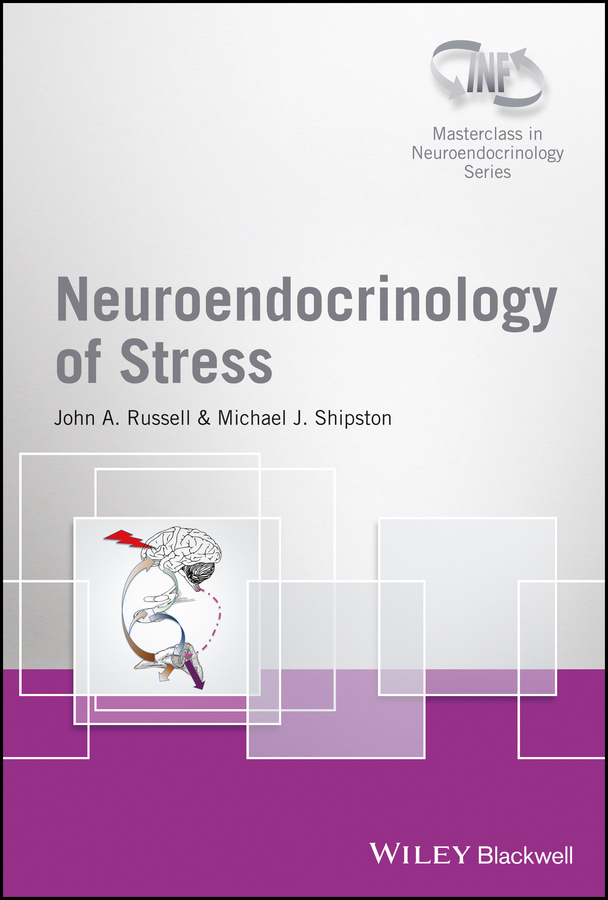Электронная книга: John Russell A. «Neuroendocrinology of Stress»

|
Exposure to chronic stress has cumulative adverse effects on physical and mental health, considered to be the consequence of chronic exposure to high levels of stress hormones. Consequently, there is extensive research in progress to investigate and better understand how the brain organises neuroendocrine stress responses and how interventions may be able to moderate these responses to improve mental and physical health. Neuroendocrinology of Stress highlights current knowledge of the organisation and physiology of these stress response systems, how the impact of dysregulation of these systems is being investigated, and considers the ways in which contributions to both psychiatric and physical diseases resulting from chronic stress effects can be critically addressed in basic research Written by a team of internationally renowned researchers, each chapter presents a succinct summary of the very latest developments in the field Both print and enhanced e-book versions are available Illustrated in full colour throughout This is the second volume in a new Series«Masterclass in Neuroendocrinology», a co- publication between Wiley and the INF (International Neuroendocrine Federation) that aims to illustrate highest standards and encourage the use of the latest technologies in basic and clinical research and hopes to provide inspiration for further exploration into the exciting field of neuroendocrinology. Series Editors: John A. Russell, University of Edinburgh, UK and William E. Armstrong, The University of Tennessee, USA Издательство: "John Wiley&Sons Limited"
ISBN: 9781118921708 электронная книга Купить за 7912.13 руб и скачать на Litres |
Другие книги схожей тематики:
| Автор | Книга | Описание | Год | Цена | Тип книги |
|---|
См. также в других словарях:
Neuroendocrinology — is the study of the extensive interactions between the nervous system and the endocrine system, including the biological features of the cells that participate, and how they functionally communicate. Neuroendocrinology arose from the recognition… … Wikipedia
Effects of stress on memory — The effects of stress on memory include interference with one’s capacity to encode and ability retrieve information.[1] When stress occurs, the body reacts by secreting stress hormones into the blood stream. Over secretion of stress hormones most … Wikipedia
Posttraumatic stress disorder — Infobox Disease Name = Post Traumatic Stress Disorder Caption = DiseasesDB = 33846 ICD10 = ICD10|F|43|1|f|40 ICD9 = ICD9|309.81 ICDO = OMIM = MedlinePlus = 000925 eMedicineSubj = med eMedicineTopic = 1900 MeshID = D013313 Post traumatic stress… … Wikipedia
Hypothalamic-pituitary-adrenal axis — The hypothalamic pituitary adrenal axis (HPA or HTPA axis), also known as the limbic hypothalamic pituitary adrenal axis (LHPA axis), is a complex set of direct influences and feedback interactions among the hypothalamus (a hollow, funnel shaped… … Wikipedia
Robert Sapolsky — Robert Maurice Sapolsky (born 1957) is the John A. and Cynthia Fry Gunn Professor of Biological Sciences, and Professor of Neurology and Neurological Sciences, and by courtesy, Neurosurgery, at Stanford University. Although born into a devout… … Wikipedia
Memory improvement — The hippocampus regulates memory function. Memory improvement is the act of improving one s memory. Medical research of memory deficits and age related memory loss has resulted in new explanations and treatment techniques to improve memory,… … Wikipedia
